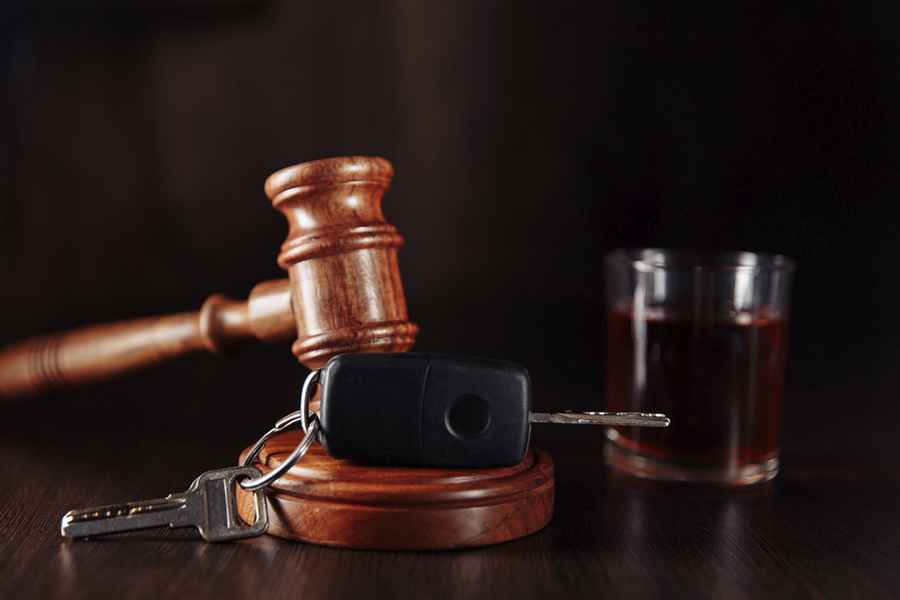Challenging Breathalyzer Results: Legal Strategies for Your DUI Defense
Facing a DUI charge can be a daunting experience. In Tampa, approximately 1,000 DUI arrests occur each year, highlighting the need for effective legal strategies when confronting such charges. Typically, DUI charges are based on Breathalyzer test results, which law enforcement officials use to determine blood alcohol content (BAC). However, there are several avenues to challenge these results in court. Knowing the legal tactics to dispute Breathalyzer results with the help of a DUI lawyer can be crucial in defending yourself against criminal charges.

Challenging the Device's Veracity
One key strategy for contesting Breathalyzer results is to examine the device's reliability. Prosecutors can only use Breathalyzer results if the devices are properly maintained and calibrated. If records indicate that the device was not serviced correctly, the test results may be deemed unreliable. An individual charged with DUI is entitled to request maintenance logs and calibration records, which can assist the best DUI lawyer in Tampa in revealing any discrepancies or malfunctions.
Testing Procedural Errors
Breathalyzer tests are governed by strict procedural rules that law enforcement officers must follow. If these procedures are not adhered to, the results may be invalidated. For example, failing to wait for a required incubation period before administering the test can lead to inaccurate readings. Defense attorneys can scrutinize whether proper testing protocols were followed, potentially undermining the prosecution’s case.
Medical Conditions Affecting BAC Results
Various medical conditions can also lead to inaccurately high BAC readings. Conditions such as acid reflux, diabetes, or even the consumption of specific medications can skew test results. By presenting medical evidence to demonstrate how a particular condition may have influenced the Breathalyzer reading, defense attorneys can challenge the reliability of the test.
Questioning Officer Training
The accuracy of Breathalyzer tests is heavily dependent on the officer’s training and qualifications. If a police officer lacked adequate training or certification to operate the device, it could raise questions about the validity of the results. Defense attorneys should investigate the officer's credentials to determine if any gaps in training exist that could compromise the integrity of the test.
Utilizing Expert Testimony
Expert witnesses can play a pivotal role in challenging Breathalyzer results. These professionals can explain to a jury the potential pitfalls associated with Breathalyzer devices and the scientific principles behind them. Their testimony may help the court understand the complexities involved, potentially creating reasonable doubt regarding the prosecution's evidence.
Alternative Explanations for High BAC Levels
High BAC readings can sometimes be attributed to factors other than alcohol consumption. For instance, if residual alcohol is present in the mouth due to recent ingestion, dental work, or the use of mouthwash, it may artificially inflate the BAC result. Defense attorneys can argue that these factors contributed to the high reading, offering alternative explanations that challenge the validity of the prosecution’s claims.
Legal Precedents and Case Law
Analyzing previous court decisions that challenge Breathalyzer's findings can provide valuable insights. A history of legal precedents may offer a foundation for contesting the admissibility of test results or create a framework for investigating their accuracy. Defense attorneys can cite comparable cases to strengthen their arguments and build a more compelling case for their clients.
Negotiating Plea Bargains
Successfully challenging Breathalyzer results can sometimes lead to a reduction in charges or even a case dismissal. Prosecutors may be willing to negotiate plea bargains that result in lesser charges or alternative sentencing options. A well-crafted plea deal can benefit all parties involved, provided that the agreement satisfies the interests of the defendant and the prosecution.
Conclusion
Challenging Breathalyzer results necessitates a comprehensive understanding of the legal system and the potential flaws inherent in these devices. By questioning the device's accuracy, identifying procedural errors, considering medical conditions, scrutinizing officer training, utilizing expert testimony, exploring alternative explanations, referencing legal precedents, and negotiating plea bargains, individuals charged with DUI can build a robust defense. Each case is unique, and the strategies employed will depend on the specific circumstances. However, with the right legal approach and knowledgeable counsel, it is possible to effectively challenge Breathalyzer's results and achieve a favorable outcome.
Image credit: Depositphotos